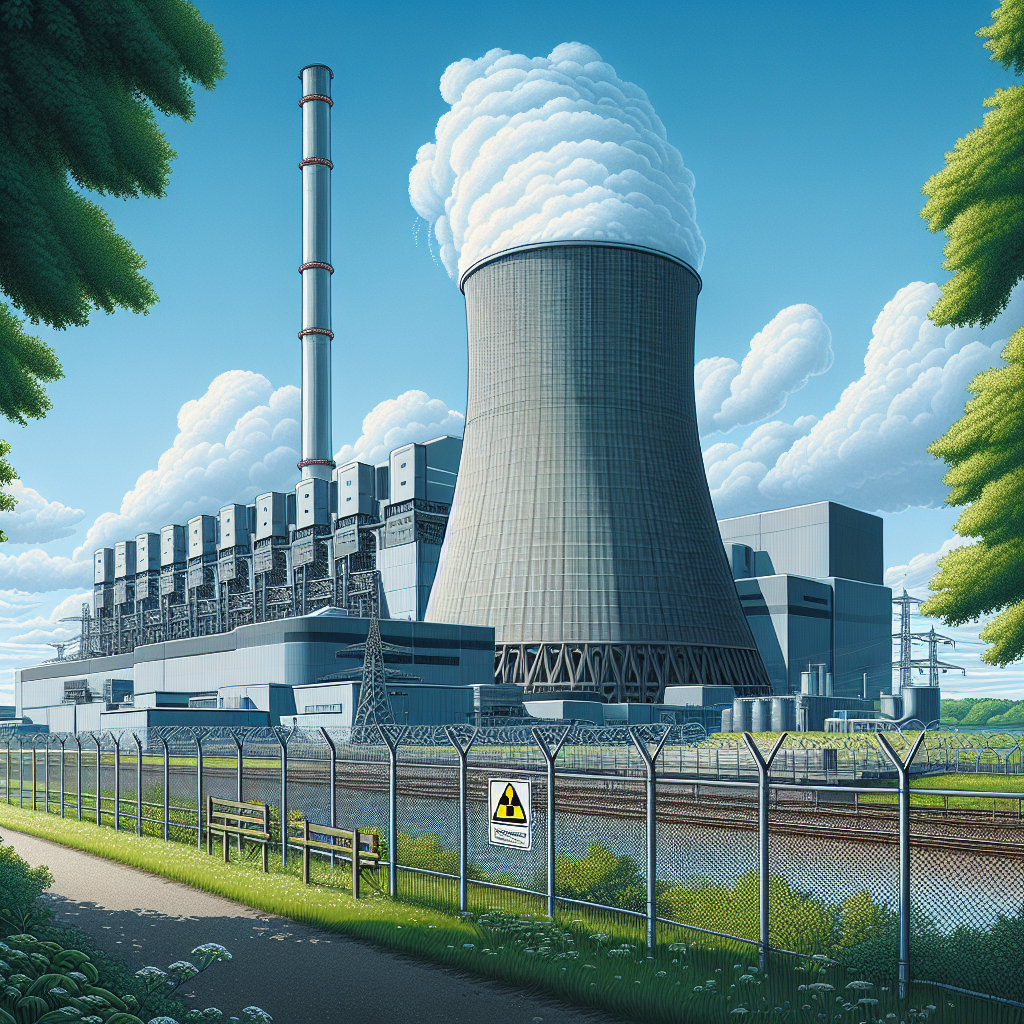Union Minister Dr. Jitendra Singh announced that India's nuclear power generation capacity is set to increase by around 70% over the next five years. This statement came during a high-level meeting to review the 100-day Action Plan of the Department of Atomic Energy.
This marks the first Atomic Energy related meeting convened by Dr. Singh after resuming his role as Union Minister of State (Independent Charge) for various departments including Science and Technology, Earth Sciences, and the Department of Atomic Energy under the Modi Government 3.0.
Dr. Singh highlighted India's advancements in nuclear and renewable energy, stating, "Installed capacity of 7.48 GWe will become 13.08 GWe by 2029," reflecting a significant increase with the addition of seven new reactors. He reviewed operational projects and outlined future plans, emphasizing the need for indigenous technology development and energy security.
He directed the department to enhance collaboration and resource sharing, and stressed the importance of indigenous technology. He mentioned the government's initiatives for joint ventures with public sector units, increased budget allocations, and the use of next-generation technologies.
Dr. Singh announced that the department is designing the 220MW Pressurized Heavy Water Reactor (PHWR) to utilize a Bharat Small Reactor (BSR) for captive nuclear power generation. Additionally, the department is working on the Bharat Small Modular Reactor (BSMR) 220 MW to employ light water-based reactors, replacing Calandria with a pressure vessel.
He noted that BHAVINI, a public sector undertaking, is progressing towards the initial fuel loading of the Prototype Fast Breeder Reactor, with its first approach to criticality expected soon. This reactor is notable for producing more fuel than it consumes.
The minister emphasized the importance of not only energy security but also health, food security, radiopharmaceuticals, nuclear medicine, agriculture, and food preservation. He highlighted that advancements in radiation technology will benefit the economy and society, promoting ease of living and furthering research in various scientific fields using subatomic particles.
Dr. Ajit Kumar Mohanty, Chairman of the Atomic Energy Commission and Secretary of the Department of Atomic Energy, along with senior officials, attended the review meeting.











